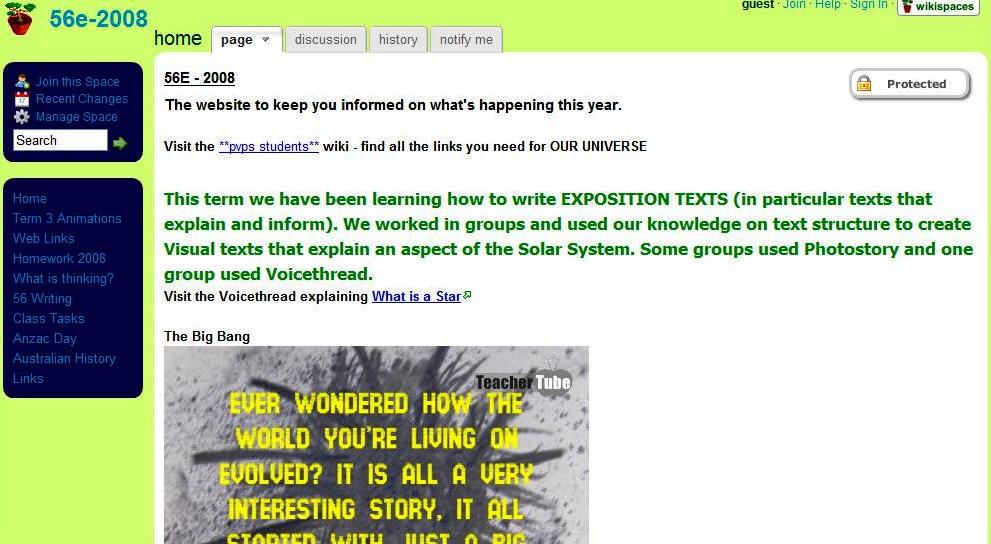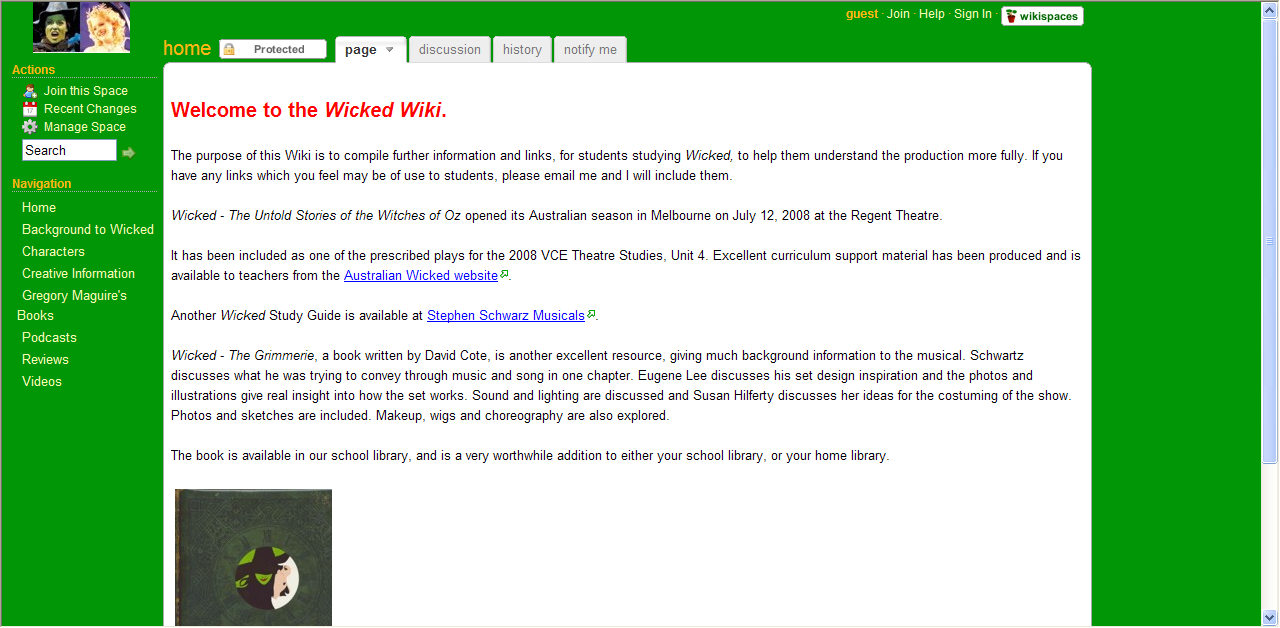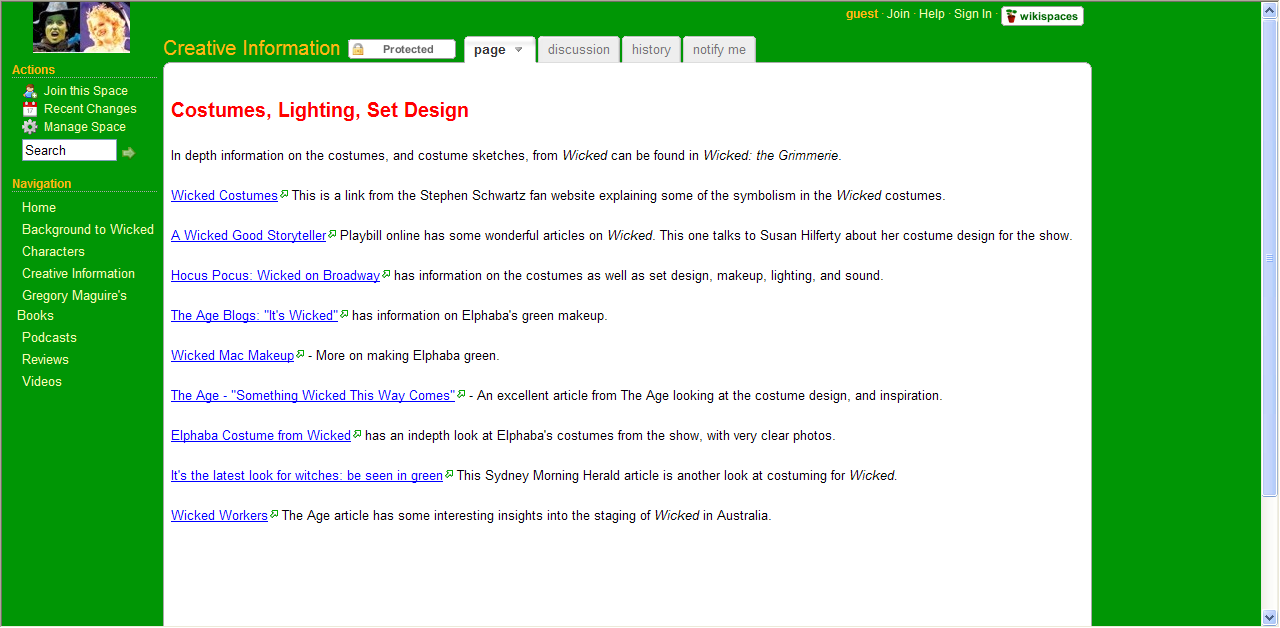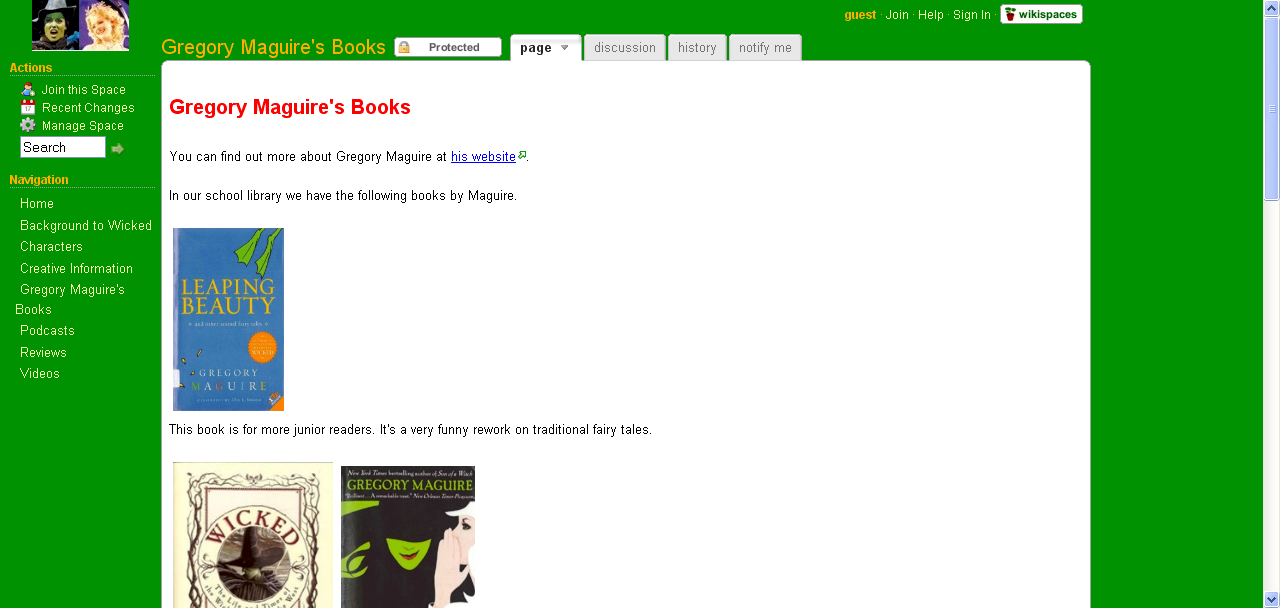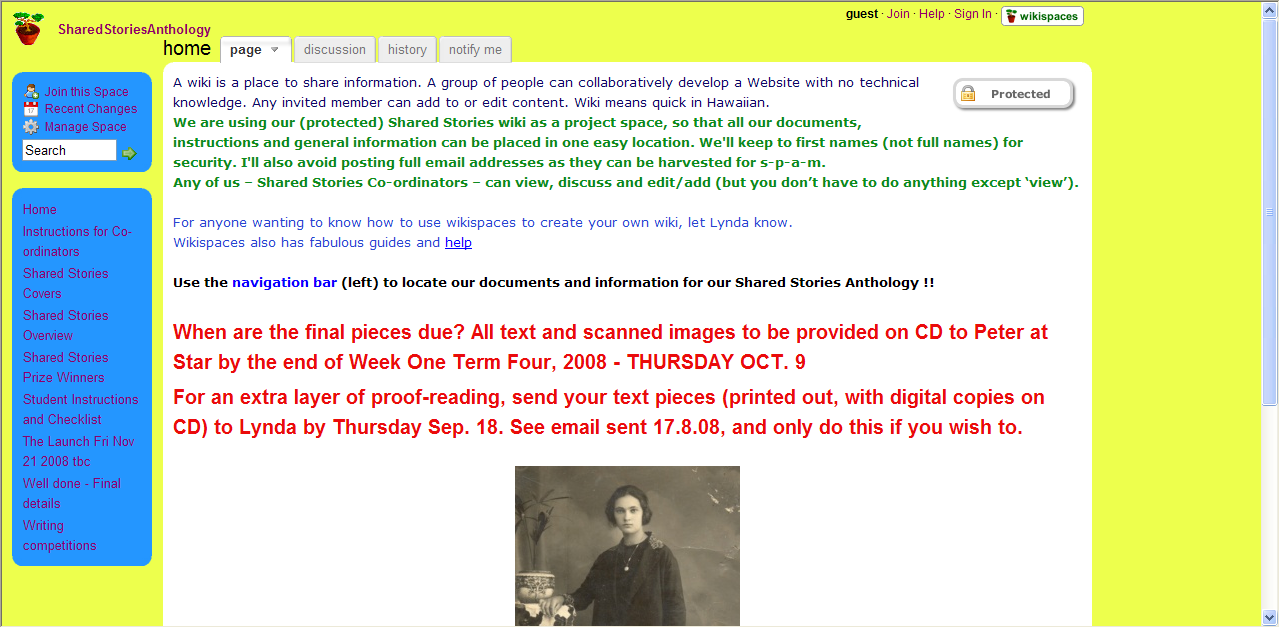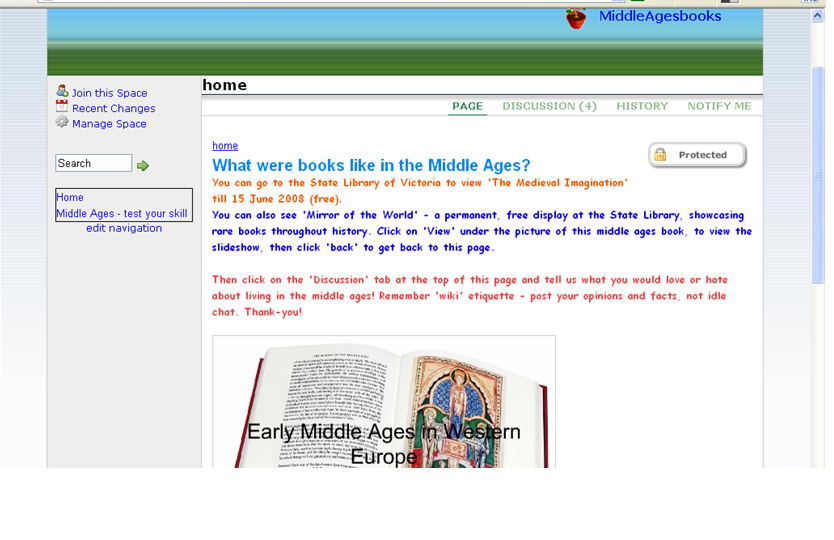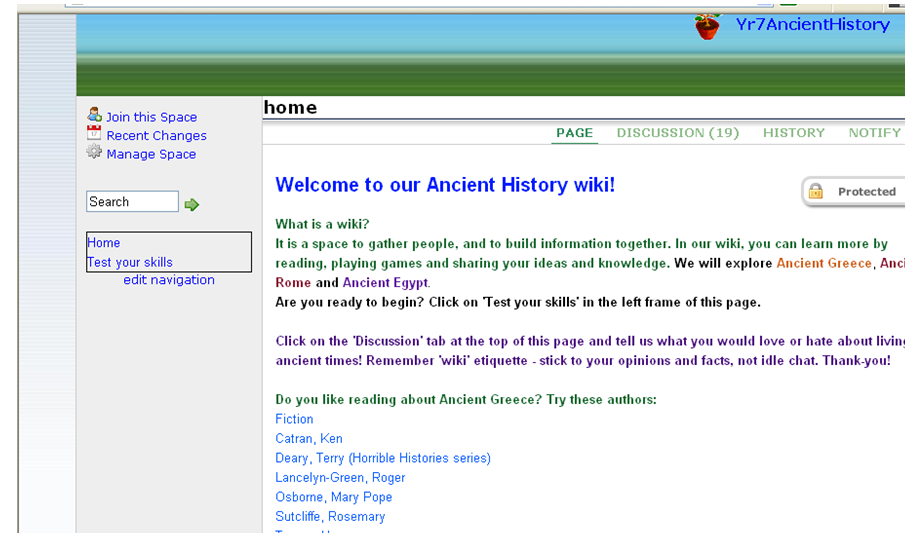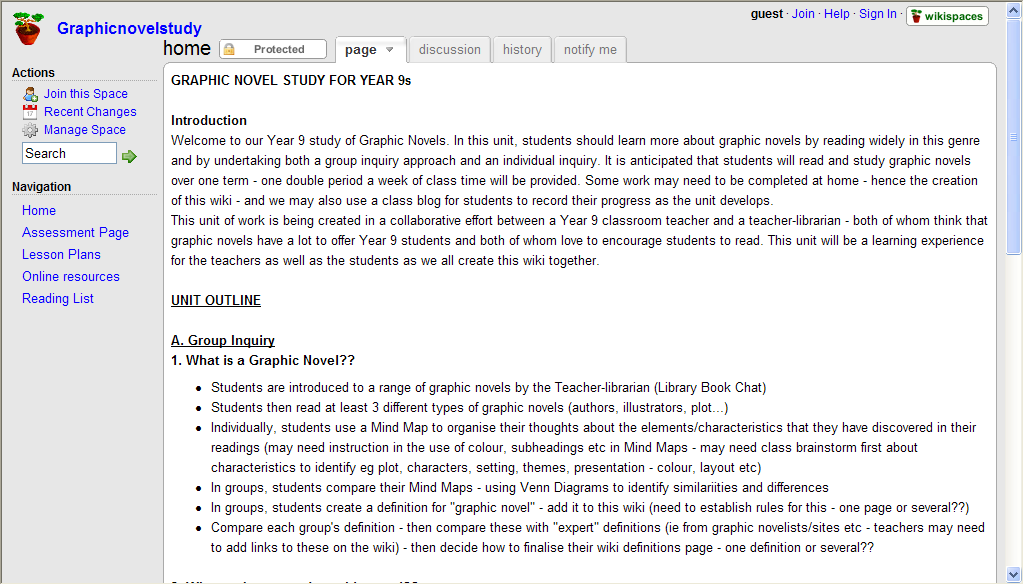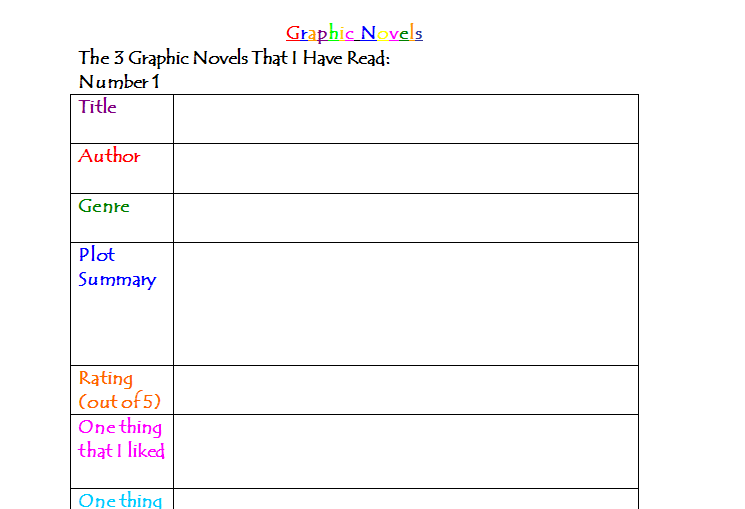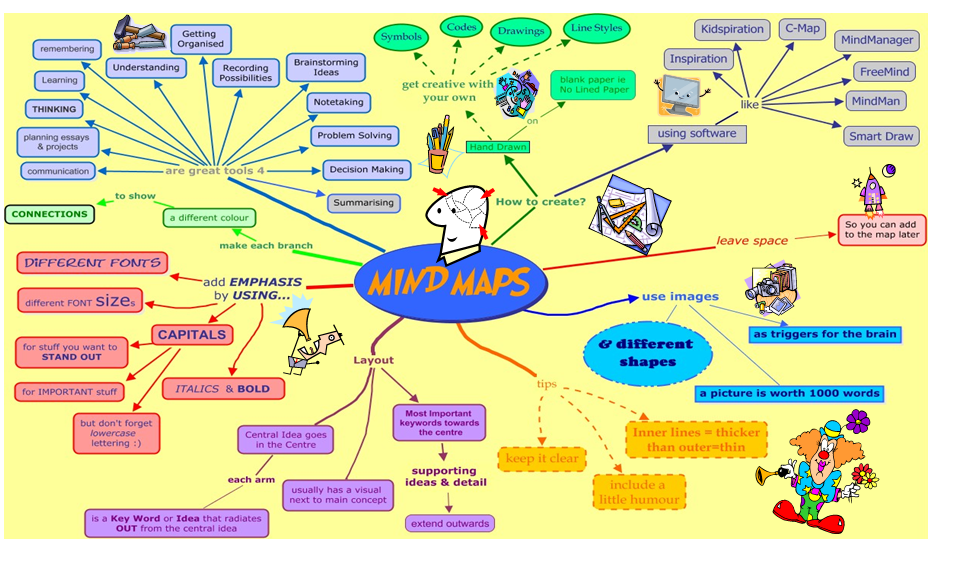Margo Edgar of Pascoe Vale Primary School has worked on creating e-books with year five and year six this term. The project was to create photo stories of the solar system, which are now accessible through Margo’s wiki.
Margo explains the process the students went through. ‘The students were given the following instructions:
- Your task is to collaborate with your group to create a presentation that communicates your understanding and explains a process that happens in our Solar System, or the answer to a question about our Solar System.
- They could be created using Photostory (free download from Microsoft), Voicethread or other options as negotiated. (All but one group chose to use Photostory).
‘Presentations had to include:
- Drawings and/or diagrams
- Drawings needed to sequentially show the process that was being explained
‘Written text that follows an explanation text structure (this had been taught previously). They were expected to include an introduction, body sections that followed a logical sequence and explained step by step and a conclusion.’
Margo continues, ‘The students were expected to research their chosen topic (process/question) and then used Inspiration to flow chart the plan for their text (this was following on from previous work we had completed on planning and writing texts).
‘Once they completed their drawings the students scanned or photographed them, then imported them into the groups chosen program and added their text to create the final product. Each group was given the task of evaluating another group’s completed product and reporting back to the class on their evaluation.’ All presentations were then uploaded to TeacherTube for sharing with the wider world.
‘Whilst I have not specifically completed the SLAV Web 2.0 course – I have trained myself in the use of a lot of Web 2.0 tools over the last few years and explored ways to use them in the classroom.’
Thank you to Margo for not only sharing her success with using Photostory and TeacherTube, but for sharing her wiki as well. From the finished products, it is evident that students found the task engaging. Well done Margo.

